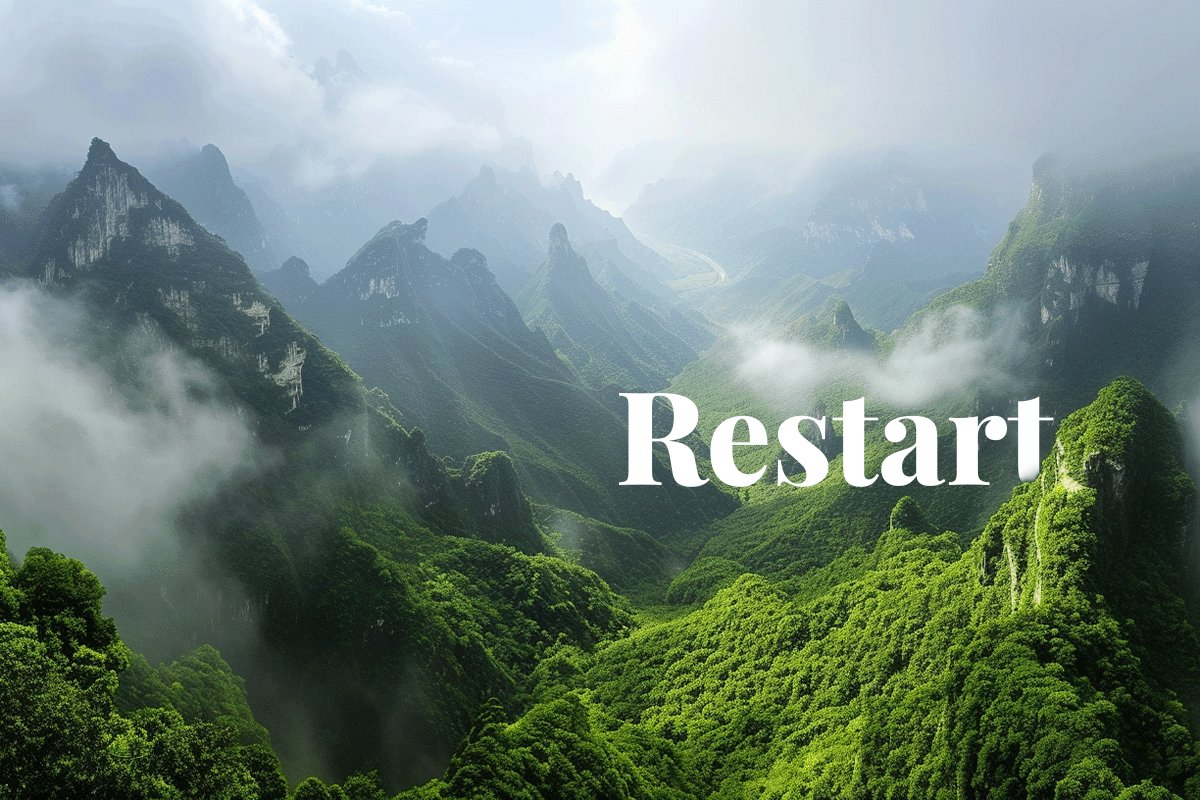China has rejuvenated its voluntary carbon offset market, a scheme that was initially suspended in 2017. This relaunch marks a major step in China's environmental strategy, aiming to finance projects that are both eco-friendly and economically viable.
 Landscape view of Tianmen Mountains in China.
Landscape view of Tianmen Mountains in China.
The trading of China Certified Emissions Reduction (CCER) credits commenced Monday, 22 January, in Beijing, as reported by state-owned CCTV. This relaunch comes after a careful pause initiated in 2017 to control the excess supply of credits.
This revival effort, spanning over a year, has selected the China Beijing Green Exchange as the trading platform. Initially, the market will offer credits for pre-approved projects dating before 2017. Governmental approval for new projects is anticipated in the near future.
In a recent announcement, the government revealed its plans to approve new project categories, including solar thermal power, offshore wind energy, afforestation, and mangrove restoration.
Read more: Carbon pricing: global solutions for a global challenge
According to Song Yutong, a carbon analyst with the London Stock Exchange Group, accredited institutions will soon validate projects and verify emissions, setting the stage for fresh credits in 2024.
In addition to the voluntary market, China operates a separate national market for emissions allowances, primarily covering the power sector. This market is expected to extend to other industries, allowing polluters to offset up to 5% of their emissions using voluntary credits.
Read more: China's carbon market gears up for unified standards
Significantly, the relaunched CCER scheme is anticipated to play a crucial role in achieving China's emissions reduction and renewable energy targets. Under this scheme, companies can trade carbon credits to offset their emissions. Currently, this market is open to sectors like afforestation, solar and offshore wind power generation, and mangrove planting.
Experts like Yang Pingjian from the Chinese Research Academy of Environmental Sciences highlight the potential financial benefits for green energy producers, who can offset operational costs by selling carbon credits.
China's commitment to a green future was also underscored in 2021 with the initiation of online trading in its national carbon market. This market, covering over 2,000 power companies, is the largest globally in terms of greenhouse gas emissions, further positioning China as a leader in market-based emission reduction strategies.
DGB Group is at the forefront of championing impactful nature-based solutions dedicated to protecting and rejuvenating our precious natural environments. Our focus is on spearheading groundbreaking projects in reforestation, community-led agroforestry, biodiversity restoration, and land rejuvenation, all geared towards making a measurable and beneficial impact. We are steadfast in our commitment to enabling businesses, investors, and individuals to make a significant difference in nature preservation through active involvement in the carbon market.
Invest in DGB’s carbon credits for a thriving planet

